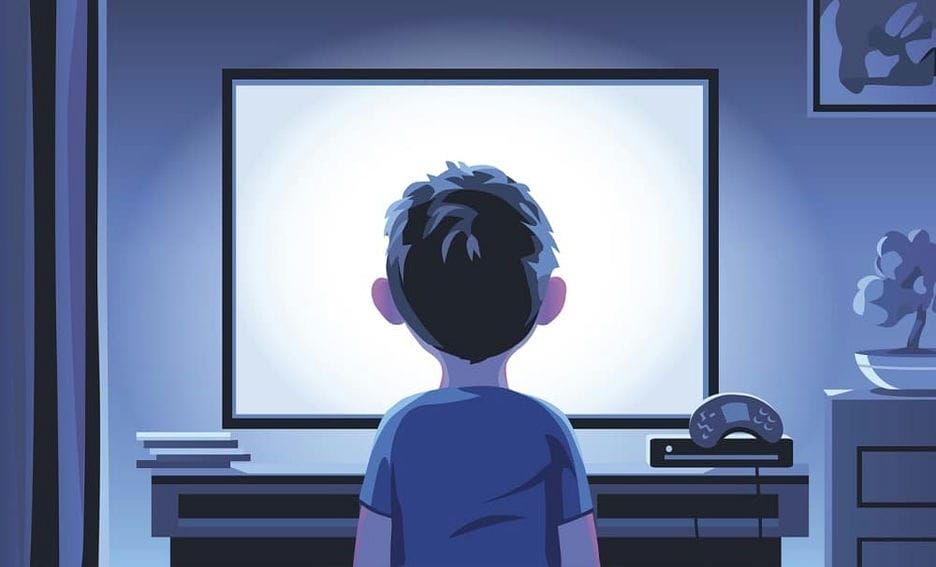How do we close the achievement gap?
It’s a question even the smartest educators have struggled to answer.
More resources for poor schools? Recruit more diverse teachers? Stronger community engagement?
Truth is, there’s no silver bullet for the academic disparities that plague our students. But one key factor that is often overlooked in K12 schools is the importance of trust, offers Washington, D.C.-based school principal David Palank.
In a post on his Class Hacker blog, Palank says building trust in schools should be the first step in closing the achievement gap. His inspiration for this line of thinking: Airbnb, of course.
Say what?
We don’t often hear K12 education compared with the hospitality industry, but Palank thinks there’s a lot to be gleaned from the meteoric rise of Airbnb, the online marketplace that allows homeowners to rent their homes to visiting strangers.
For Airbnb founder Joe Gebbia, the essential question is, “How do we get strangers to trust each other?”
According to Palank, research conducted by Airbnb and Stanford University showed that people tend to trust those who are similar to themselves—whether in terms of background, life experiences, or world view.
In other words, familiarity breeds trust.
“Considering that a lack of trust is one of the major causes for the achievement gap,” writes Palank, “we may want to listen to a guy who has designed a way for over 100 million people to trust each other enough to let them stay in their house.”
Building that trust
That there is mistrust between students and teachers in schools should come as no surprise.
Teachers are not only older than students, they also are authority figures, which doesn’t lend to relatability.
Familiarity is an even bigger hurdle in schools with high minority populations. Fifty percent of U.S. students are children of color, compared to just 18 percent of classroom teachers.
So what then can school districts do to foster relatability and establish trust among teachers and students, despite such stark disparities?
Diversify faculty
Hiring teachers who hail from similar backgrounds as students is obvious in theory, but difficult in practice. Research shows a lot of schools struggle to recruit teachers, especially minority teachers. What types of outreach does your school perform to attract a more diverse staff?
Identify and highlight common ground
“Studies show the quickest way to build rapport is to find common ground,” writes Palank. “Teachers should seek commonalities between students and [themselves].”
Have you considered performing a school survey or focus group to illustrate just how much teachers, students, and staff have in common?
Let students know what to expect
Palank points to the now famous open review system Airbnb offers to both renters and customers, allowing them to rate each other.
While an open review system might not be appropriate for your school, giving students the ability to share their experiences about a particular assignment or teacher could lead to a trusted academic experience.
What steps do you take to build trust between faculty and students in your schools? Tell us in the comments.
Want additional ideas on this topic? Read more about closing the achievement gap.

